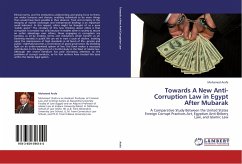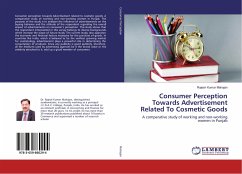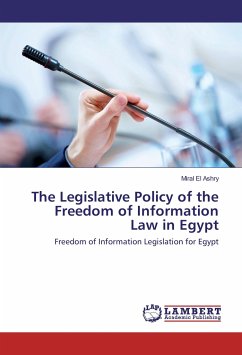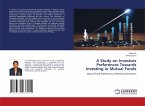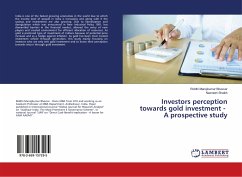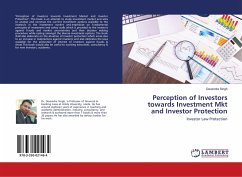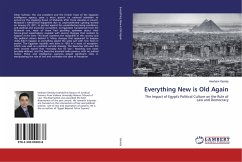Ethical norms, and the institutions underwriting and giving force to them, can widen horizons and choices, enabling individuals to do more things than would have been possible in their absence. Trust and certainty in the integrity of market exchanges and interpersonal dealings is an important social lubricant. In this respect, ethics might be thought of as a pure public good. The corollary of this new thinking about ethics is that corruption is corrosive not only because it enables some in society to secure an unfair advantage over others; those engaging in corruption are harming us all by eroding norms and institutions which benefit us all. Declining morality in public life can set in train a cycle of decline. Insisting upon the maintenance of high standards in all facets of life private and public rightfully becomes a cornerstone of good governance. By shedding light on an under-examined system of law, this book makes a necessary contribution to the beginning of a fruitful study in the West of Islamic law. Although the recent literature has paid increasing attention to the problems of corrupt conducts, so far few authors have treated this issue within the Islamic legal system.
Hinweis: Dieser Artikel kann nur an eine deutsche Lieferadresse ausgeliefert werden.
Hinweis: Dieser Artikel kann nur an eine deutsche Lieferadresse ausgeliefert werden.

